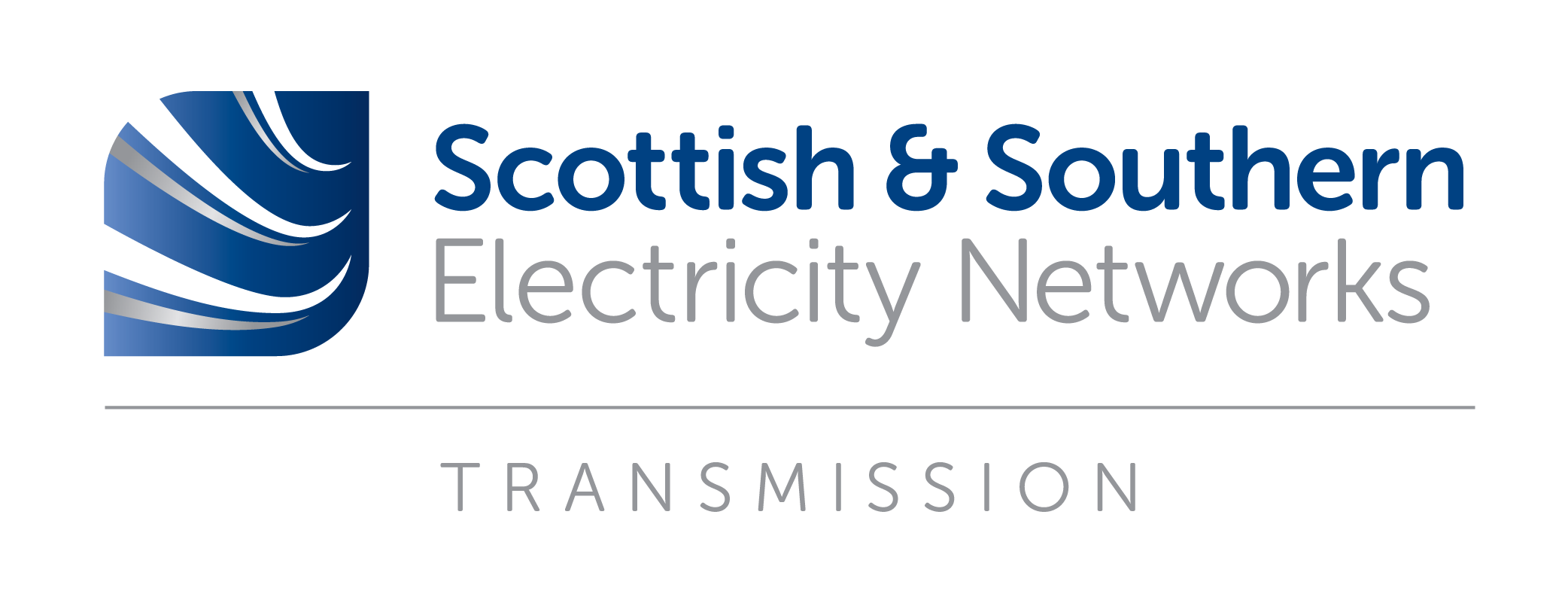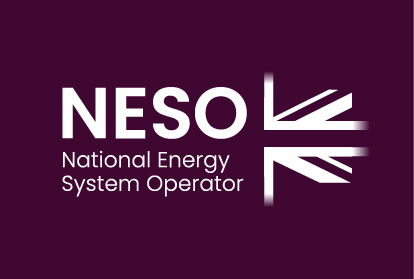There is currently a lack of process and mechanism for data sharing amongst Transmission Operators and the National Energy System Operator (NESO). The Data Sharing Infrastructure (DSI) project aims to create a common data sharing infrastructure, in a secure, resilient and scalable way, to achieve an ecosystem of connected digital twins, as we transition to net zero.
Benefits
The outputs of the wider project led by NESO, with contributions from SSEN-T, SSEN-D and NGET has the potential to deliver significant benefits to the economy and to net zero. Other more specific benefits include the following:
• Enables a seamless process for search, find and consumption of data that can be scaled, especially if more frequent base model sharing is required in the future.
• Improved safety and grid resilience through more effective and frequent modelling.
• Increased customer satisfaction through faster and less error-prone outage management process.
• Increased interoperability across different actors in the energy sector.
• Increased competition across power systems analysis software vendors due to increased interoperability of data.
• Reduces data redundancy as base network model is consistent across operators.
• Reduction of outage planning queues.
• Cost reduction in the whole process and efficient use of human resources time in engineering details rather than information gathering.
• Deliver open data and digital market enablement in our digitalisation strategy.
The following qualitative benefits for SSEN-Transmission are associated with the outputs of contributing to this project as a partner alongside the other networks (NGET and SSEN-D):
• Contribution to T3 –There is value in our involvement in the development of this work, as in T3 this is due to become the industry standard.
• Potential to expand on capability allowing for support on multiple use cases.
• Ofgem’s Data Best Practice is part of our license conditions and outlines 11 core principles that we must adhere to in order to be compliant. Many of the principles relate to interoperability and the standardisation of data across the industry to drive the agenda for net zero.
• The T3 Business Case planning overview refers to the investment required in Data & Digitalisation (in line with Data Best Practice (DBP) Guidance & Principles above). We are aware that Ofgem is driving this and have expectations on networks to deliver.
• The EDiT report is referenced by SSEN-T and industry widely and refers to the need for vast digitalisation to achieve net zero targets.
• Future Systems and Network Regulation (FSNR) is focused on creating an energy system for the future – this pilot and MVP aligns with this work.
Cost Benefit Analysis:
As this project is a pilot project, led and established by NESO, the internal development of a CBA is not required at this stage of the project. The associated qualitative benefits are listed in the section above.
Key Project Risks:
• Project being led by NESO, in collaboration with the other networks. We are therefore reliant on those partners for success of the project.
• The collaboration agreement not being in place and impacting the ability to contribute to the project with a significant effect on timescales.
• This is a pilot project, therefore there is not a detailed statement of requirements. Therefore, our contributions have been based on assumptions and cost estimations. There is a risk that if new information comes to light, then we may have to revise the budget and scope.




